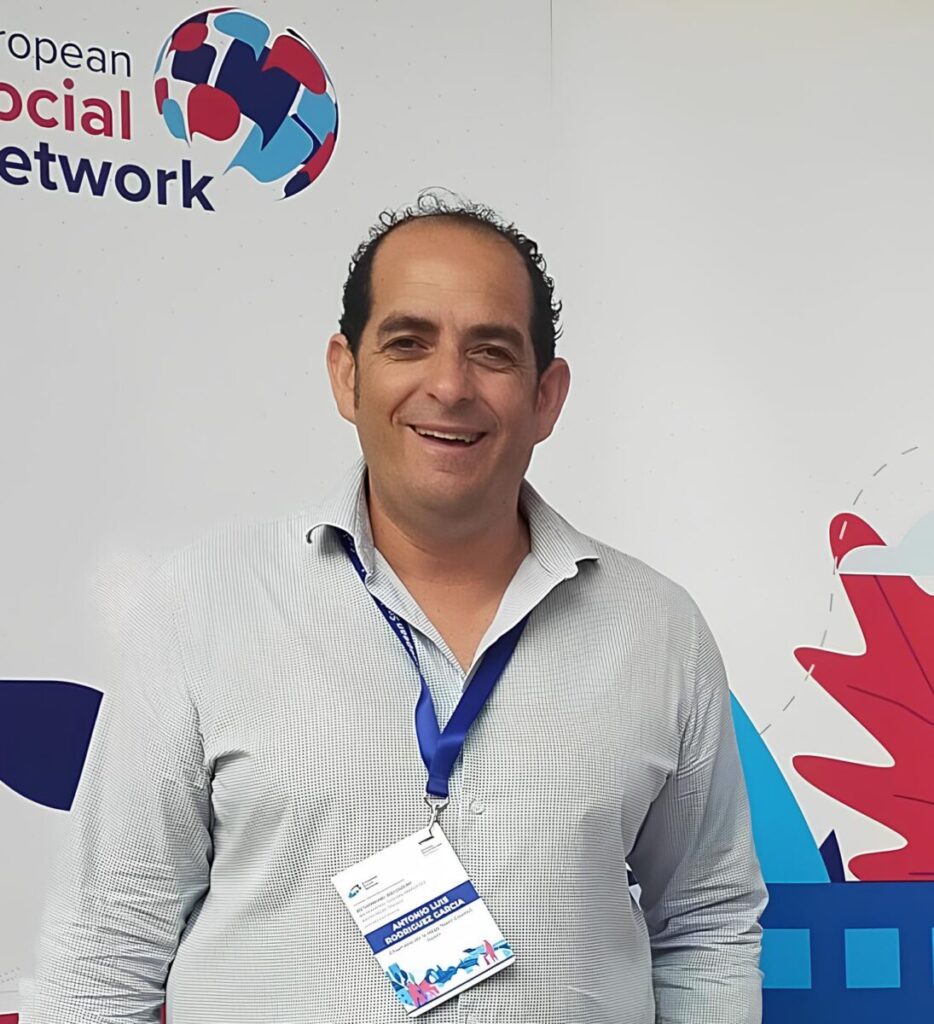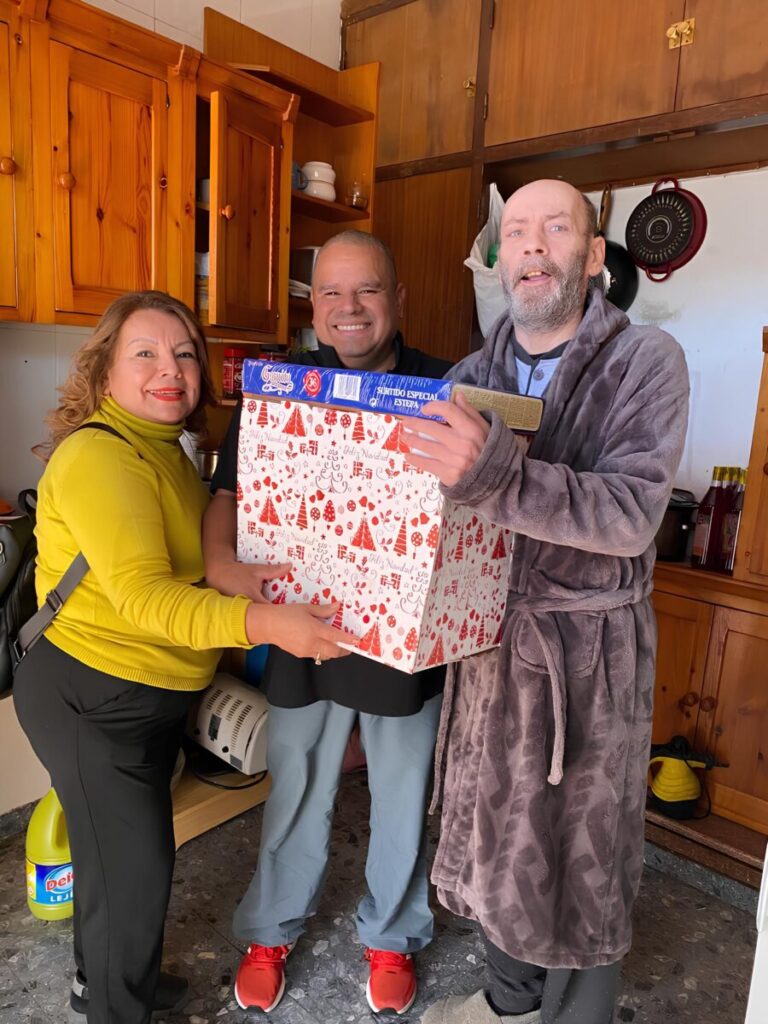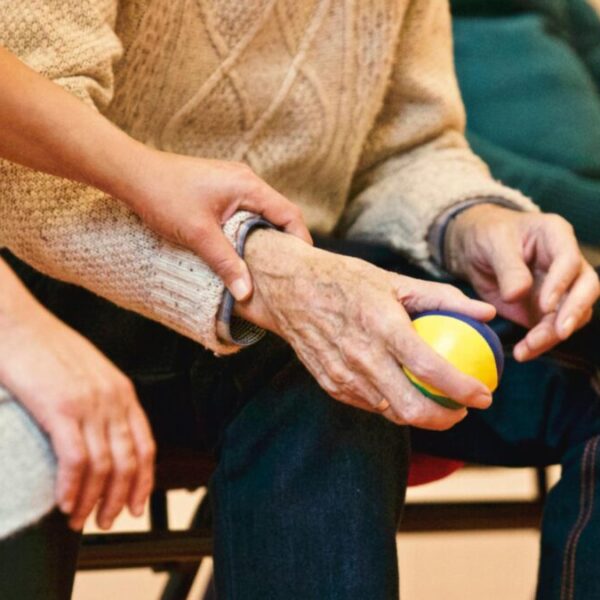In Spain, unwanted loneliness affects an increasing number of people. This social issue generates suffering and leads to significant costs. In Churriana de la Vega, in the province of Granada, "Compartir es vida" (Sharing is life) has been developing since 2020 and innovating to reduce the isolation of elderly or vulnerable people. A model of solidarity that offers them a window of hope.
'Compartir es Vida', a project that started as a pilot with two men aged 56 and 58, living on the streets with little resources. Social services organized meetings to promote a bond between them and encourage them to share a home together. "Since cohabitation became effective, the duo has adapted to their new situation, sharing expenses and household tasks. Today, they no longer see themselves as roommates, but, in their own words, as a family," proudly comments Antonio Luis Rodríguez, Councilor for Social Services, the Elderly, and Families of the City Council of Churriana de la Vega.
The right to a dignified life
The program makes even more sense in a context of successive economic crises, which have worsened the difficulties for socially vulnerable people. The increase in rent prices, electricity, and food has left many without access to decent housing. Furthermore, loneliness has deteriorated the mental health of some elderly people.
Antonio Luis Rodríguez explains this reality: "We have noticed an increase in the number of elderly people contacting social services for information on financial assistance or support, such as food distributions through food banks. They hope to compensate for what they cannot afford with their only income, which is mostly non-contributory pensions or minimal retirement pensions."

Thanks to the assessment and follow-up carried out, the social well-being and mental health needs of each participant in the project are identified. Enrique Rejano Muñoz, a program beneficiary since 2020, states: "Before participating in the project, my situation was precarious, and I was living on the street due to personal and family circumstances. I was alone and could not afford to pay for housing on my own."
Today, Enrique shares a home with a companion who also used to be homeless, which facilitated their mutual empathy. Although they had to adjust to communal living after a long period of solitude, this experience has been a positive change that allowed them to regain their dignity. “Today, we are more than just roommates, we care for each other. I take care of the household chores because I am in better physical shape than him. That was our agreement from the beginning. We do our weekly shopping together, although each has their own preferences. In general, we respect each other”, he explains.
The success of her case and the 16 other individuals currently enrolled in the program is due to the support of the multidisciplinary team from Social Services. It consists of psychologists, social workers, social educators, pedagogues, social integrators, and home care professionals. Each plays a crucial role in the design, development, and monitoring of the project, applying a specific protocol to ensure its proper functioning.
A replicable model of solidarity living
The Social Services Commission of Churriana de la Vega believes that the "Compartir es Vida" project can be replicated in other locations. For communities, it represents a minimal cost, but offers great benefits for both participants and the community. The program provides a second chance for those experiencing social exclusion, economic vulnerability, or loneliness. It promotes their personal and interpersonal development, improves their physical and mental well-being.
As Antonio Luis Rodríguez points out, "we have received many calls from people from other Andalusian provinces such as Jaén or Malaga interested in this project."
This innovative approach has propelled Churriana de la Vega, a municipality of less than 17,000 inhabitants, into the spotlight of the Spanish media. The project has been recognized with several awards, including the "Andalucía + Social 2022" prize, a nomination for the "European Social Services Awards 2023", and most recently, the DIPGRA 2024 award.

Cover photo: @ Matthias Zomer
